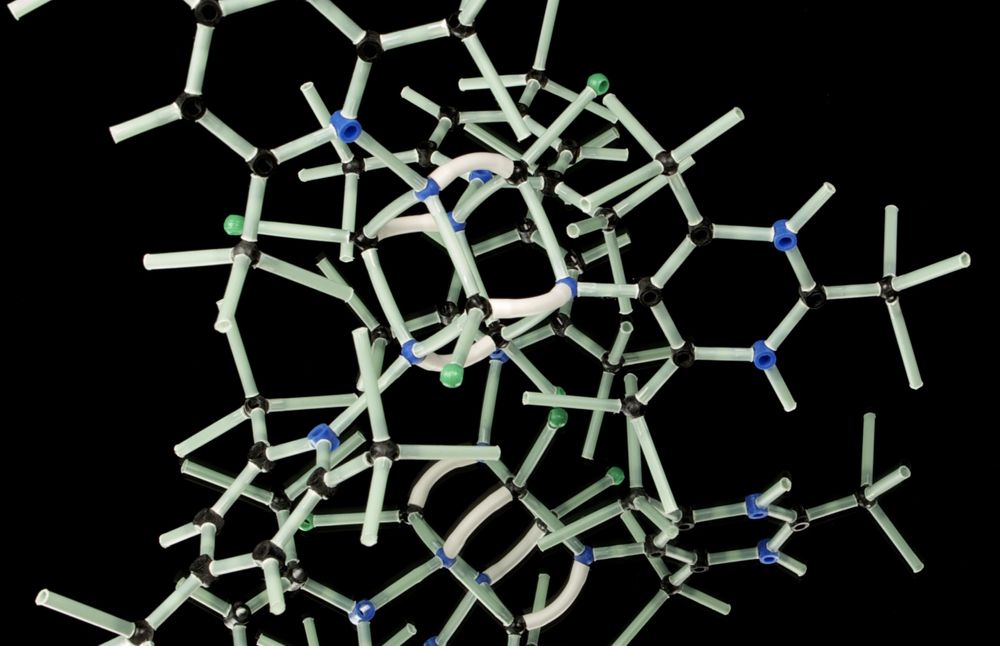
AI’s Role in Unlocking Biomedical Discoveries: The Next FrontierAI’s Role in Unlocking Biomedical Discoveries: The Next Frontier Artificial intelligence (AI) is revolutionizing biomedical research, powering advancements at an unprecedented rate. Here’s an exploration of AI’s pivotal role in unlocking biomedical discoveries: Data Analysis and Exploration: * AI algorithms can analyze massive biomedical datasets, identifying patterns and correlations that are difficult for humans to detect. * This enables researchers to identify potential drug targets, diagnose diseases earlier, and personalize treatments. Drug Discovery and Development: * AI systems can screen millions of molecules to identify potential drug candidates. * They also help design more effective and safer drugs by predicting their interactions with specific biological targets. Disease Diagnosis and Prognosis: * AI algorithms can analyze medical images (e.g., MRI, CT scans) to detect diseases with high accuracy. * They can also predict the prognosis of patients based on their medical history and genetic data. Precision Medicine and Personalized Treatment: * AI allows researchers to tailor treatments to each patient’s unique genetic makeup and health status. * This enables more effective and personalized therapies, leading to better outcomes. Drug Repurposing and Adverse Event Prediction: * AI can identify existing drugs that may be effective for treating new diseases. * It also helps predict potential adverse events from medications, improving patient safety. Challenges and Opportunities: * Ensuring data quality and privacy is crucial for ethical and effective AI use in biomedicine. * Collaboration between scientists, engineers, and clinicians is essential to translate AI research into clinical practice. Future Prospects: As AI technology continues to advance, it will play an even greater role in biomedical discoveries. Researchers are exploring applications such as: * AI-powered microscopes for real-time disease monitoring * AI-assisted surgical robots for greater precision and safety * AI-based diagnostic tools for remote and underserved communities Conclusion: AI has emerged as a powerful tool for unlocking biomedical discoveries, transforming the way we diagnose, treat, and prevent diseases. By leveraging massive data sets, sophisticated algorithms, and interdisciplinary collaboration, AI promises to accelerate the pace of innovation and improve human health outcomes. As we venture into this next frontier, it is imperative to navigate ethical considerations, foster collaboration, and ensure that AI benefits all members of society.
Posted inNews